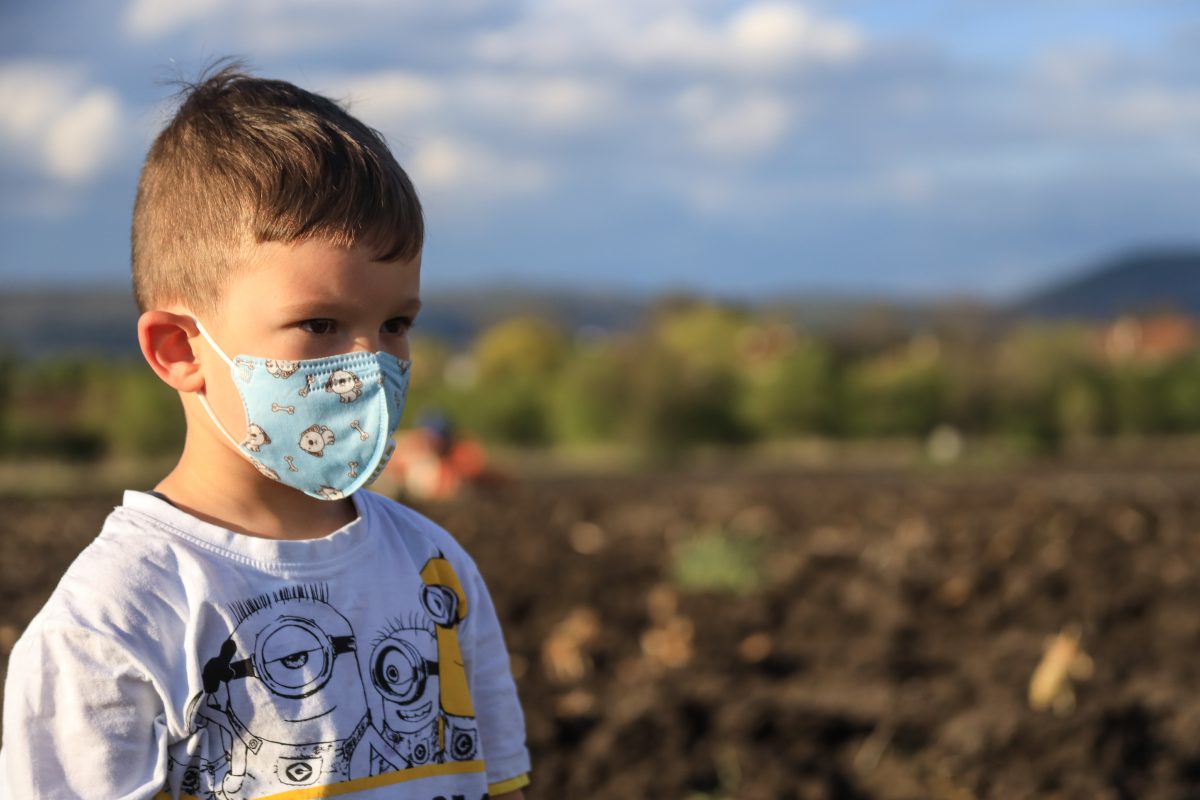It’s not long until the kids go back to school… or don’t. Or go back to a blended schedule with some virtual learning. And if you are like me, you are a parent who is holding your breath to see how this is going to work. Because the coronavirus pandemic has definitely made education challenging. But did you ever think of asking the kids to help you figure it out?
New research is showing just how amazing kids are! In this case, a study done in Finland on kids age 5 and younger found that kids are not passive participants in the coronavirus pandemic. Instead they are active agents with their own ideas about how to handle some of the problems Covid-19 creates in their lives.
Kids express themselves on coronavirus.
In order to find out how kids were processing the coronavirus pandemic, researchers looked at kids in early childhood development centers. They did surveys on their teachers and other workers, who described what the kids were doing. And the kids were very expressive.
There were four themes to the way the kids were expressing themselves, but was still out to me was the way they made use of play. Most of us know by now that kids try to understand and manage things by playing it. That’s why we buy our kids toy medical kits, so they can pretend to be doctors. They get through their stress about their check-ups by playing check-up.
So it makes a lot of sense that the kids in the study were playing things like “corona tag” or being at the hospital. They also made up rhymes about coronavirus or songs. And they drew a lot of pictures featuring the virus.
This is a great hint for parents who are trying to help their kids through this time. Have you played coronavirus tag with your kids? It may sound morbid, but there’s historical precedent.

Do you know that innocent rhyme your kids all learn in preschool, “ring around the Rosie”? That rhyme is hundreds of years old. It was made up by kids in medieval England about the black death. That’s right, the rhyme describes the symptoms of the bubonic plague. And by singing the rhyme and dancing in a circle, the kids played through and found courage in their fear.
Four themes for kids.
The researchers found four main themes in how the kids express themselves about coronavirus.
The first theme was health: the children actually understood a great deal about the virus and wanted to learn more. They also showed interest in learning how to protect themselves from coronavirus. Secondly, the children expressed worry about their friends, loved ones, or older relatives. They wanted to make sure that everybody was OK.
The third theme for children was the changes in their daily life and routine. This makes sense to anyone who lives with young children, because they thrive on routine and that changes can create a great deal of stress. The children actually looked at or suggested different ways to cope.
And finally, the fourth same as when we’ve already talked about. Using creativity, play, and humor as ways to cope.
And that’s not just a hint for parents on how they can help their kids, it’s also a hint for how we can help ourselves. Maybe we all need to play a little bit of corona tag to help ourselves with the stress. It might also have a hidden benefit of reminding us how viruses spread of the importance of wearing our masks.
All the kids might enjoy a board game. In fact, my family played the board game Pandemic in April. While I found it stressful as a doctor, the kids really enjoyed playing “virus hunters” and “CDC” to try to stop the spread of a pandemic in the world.

